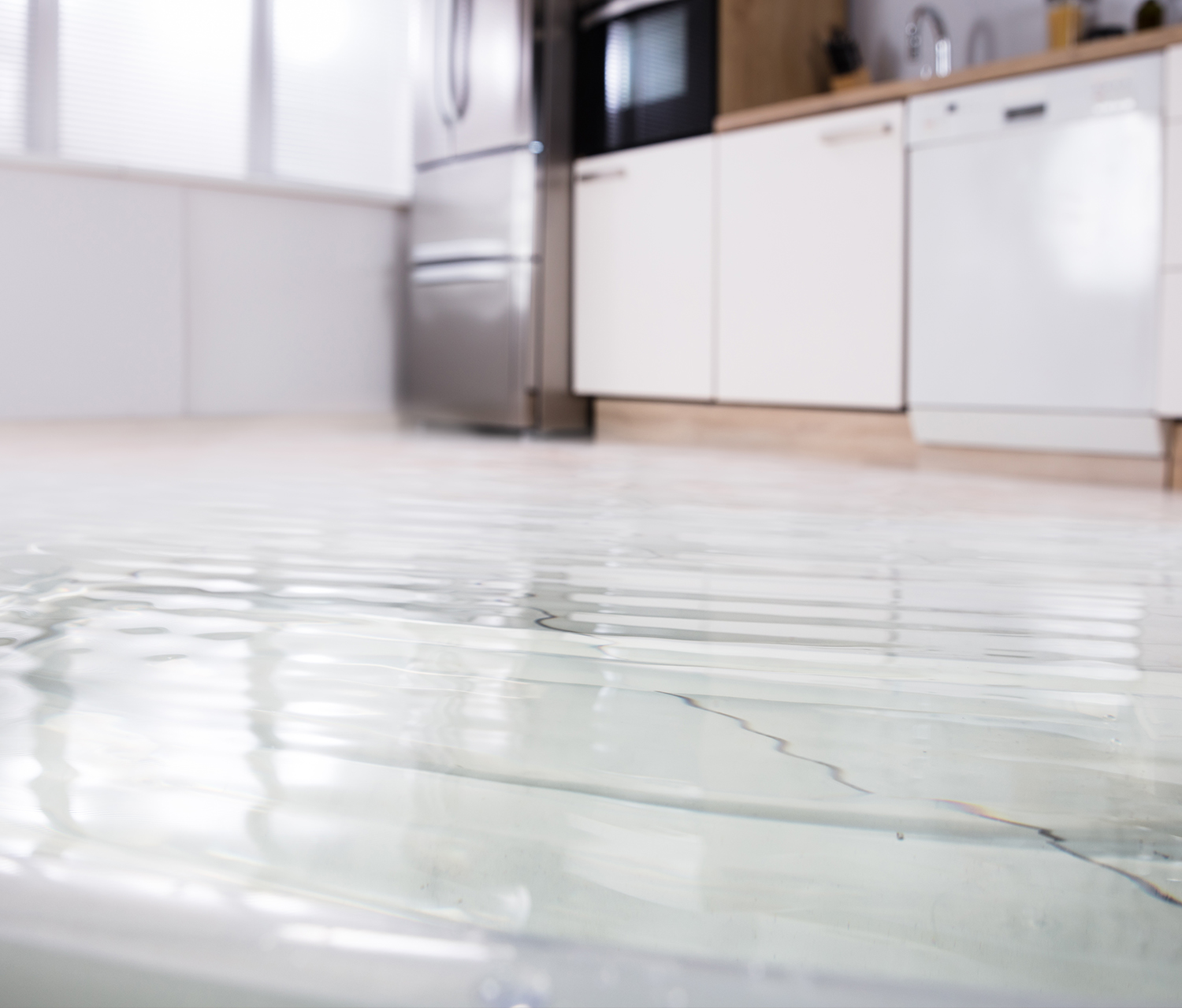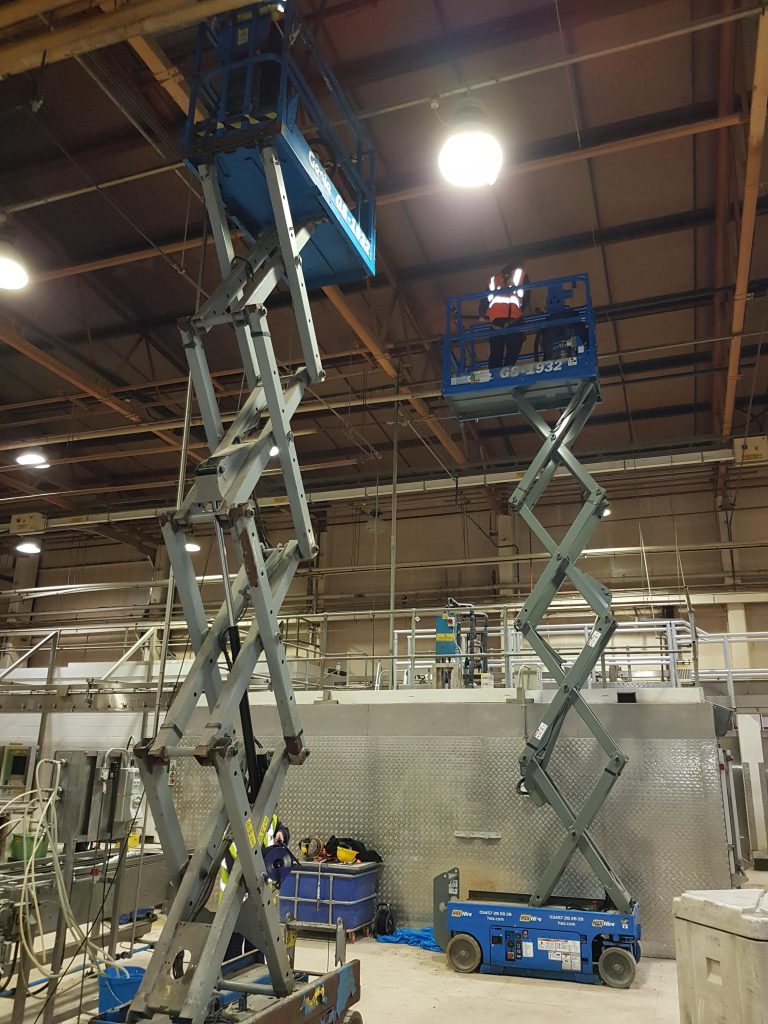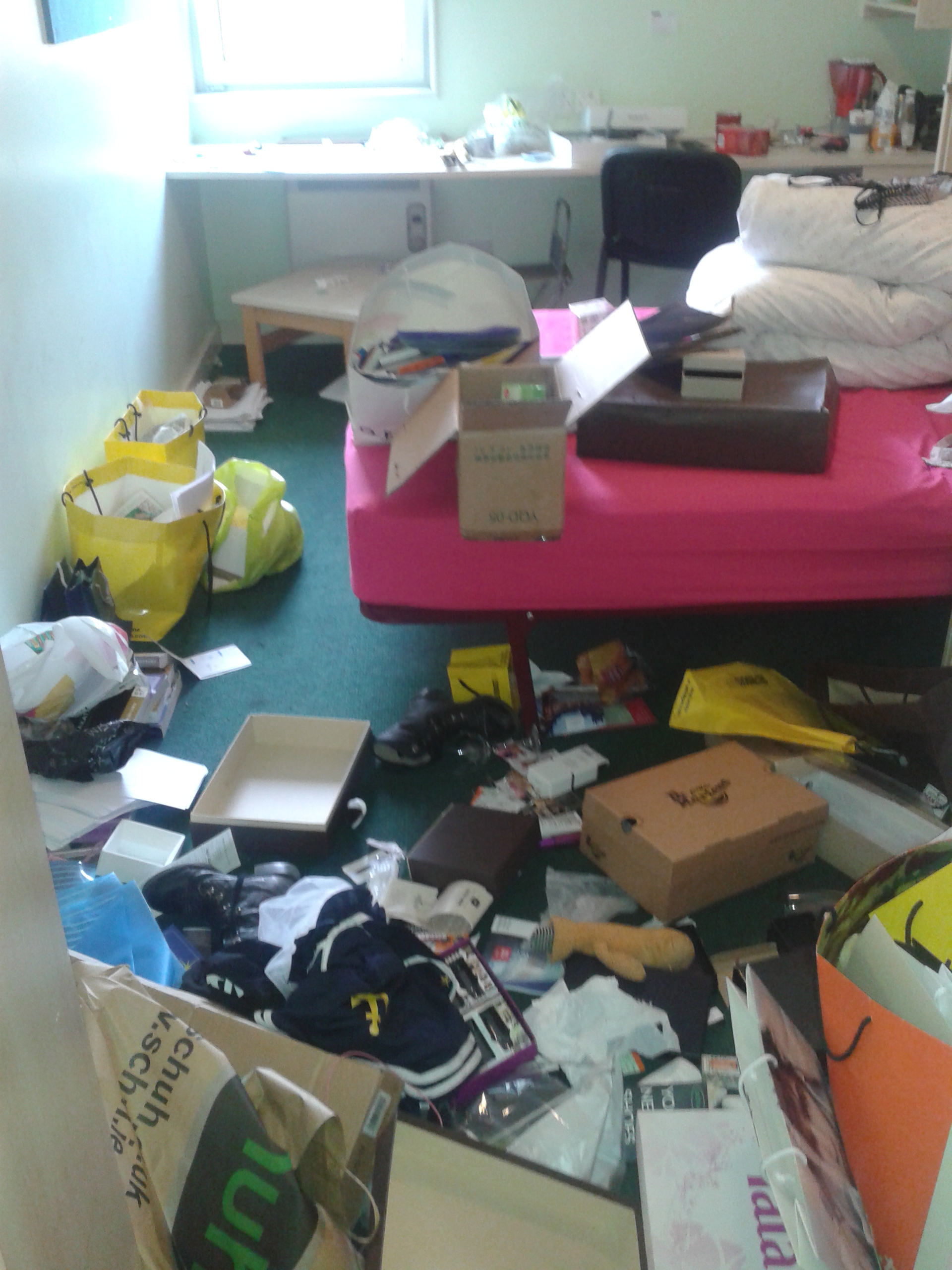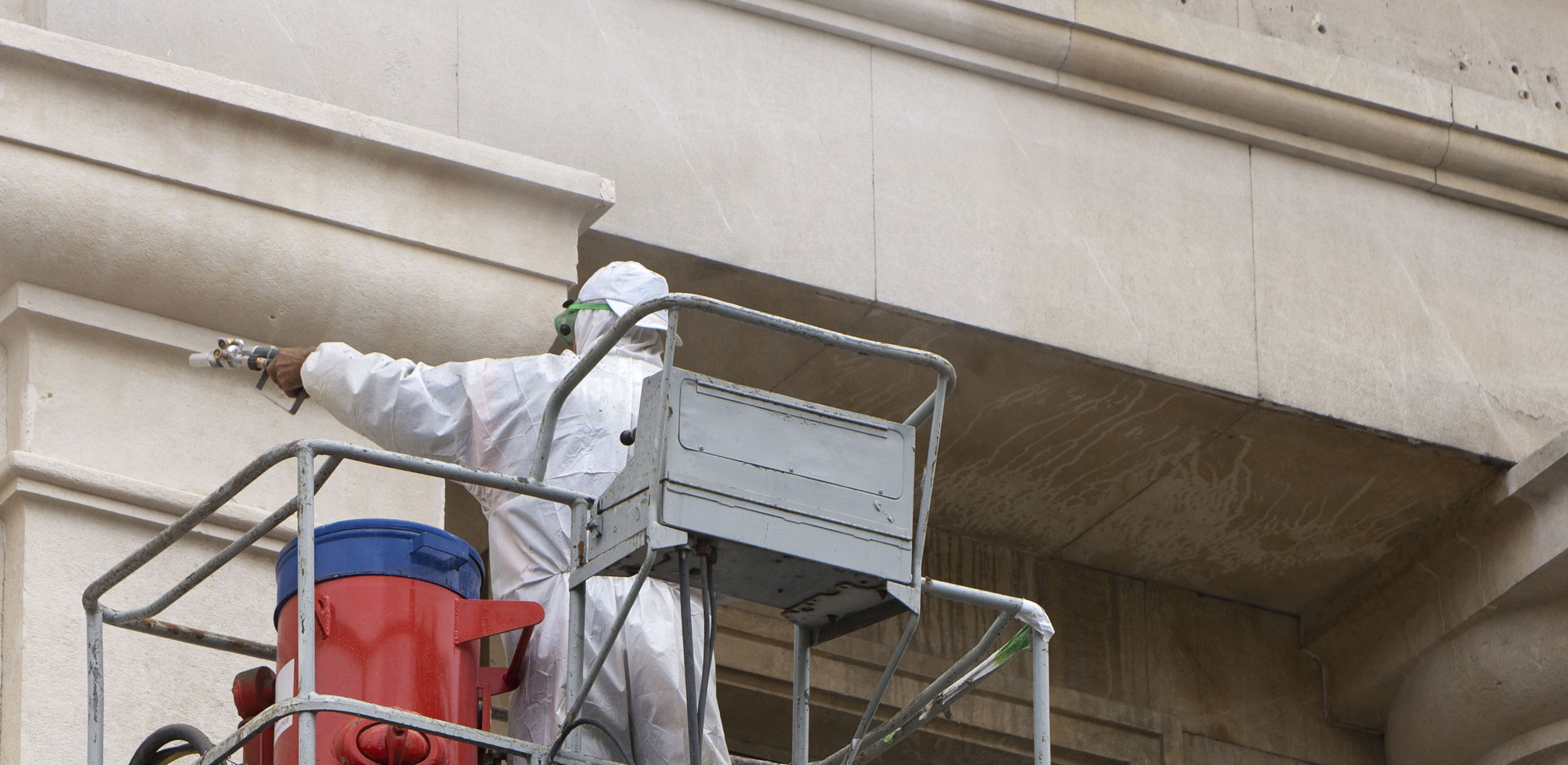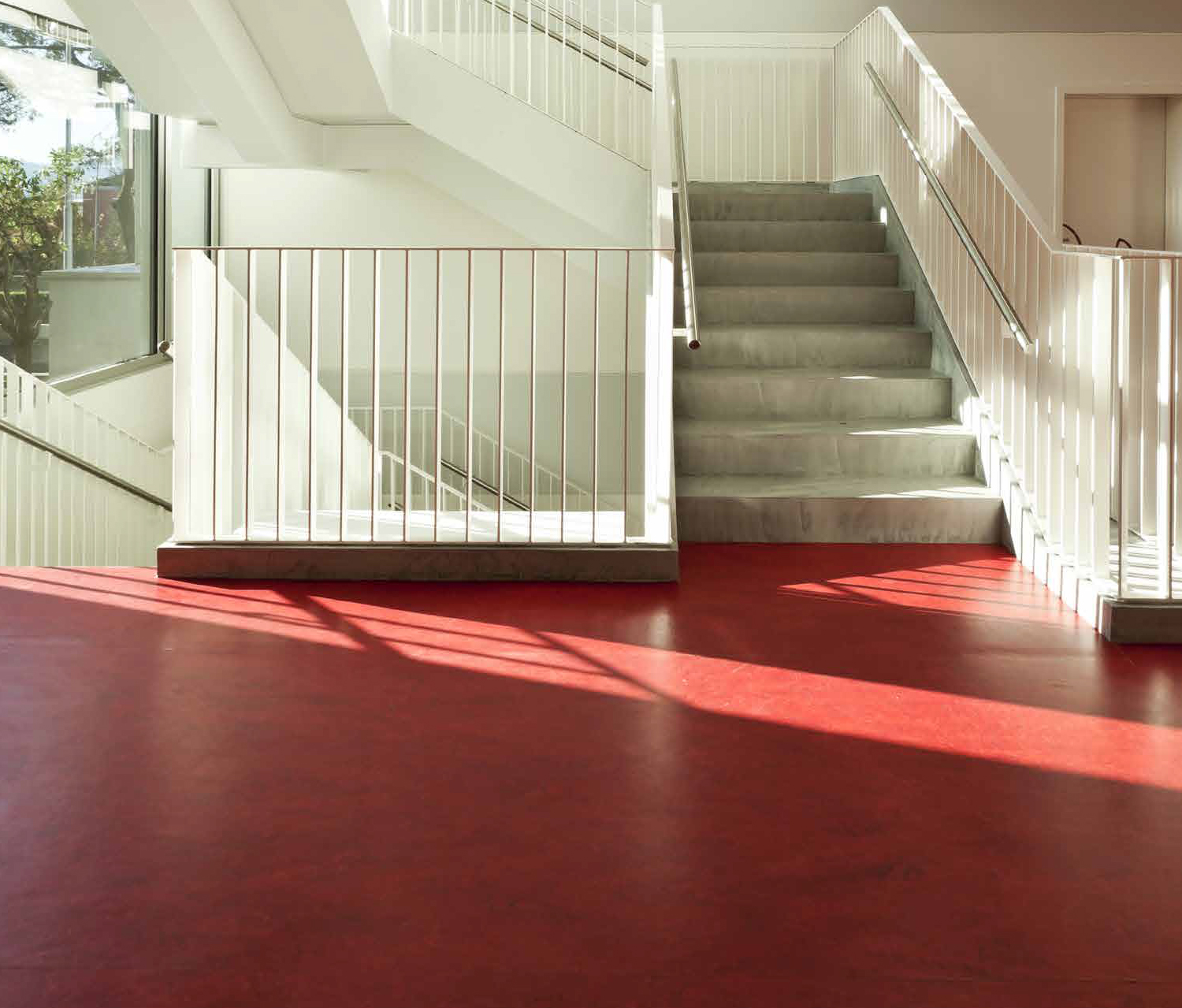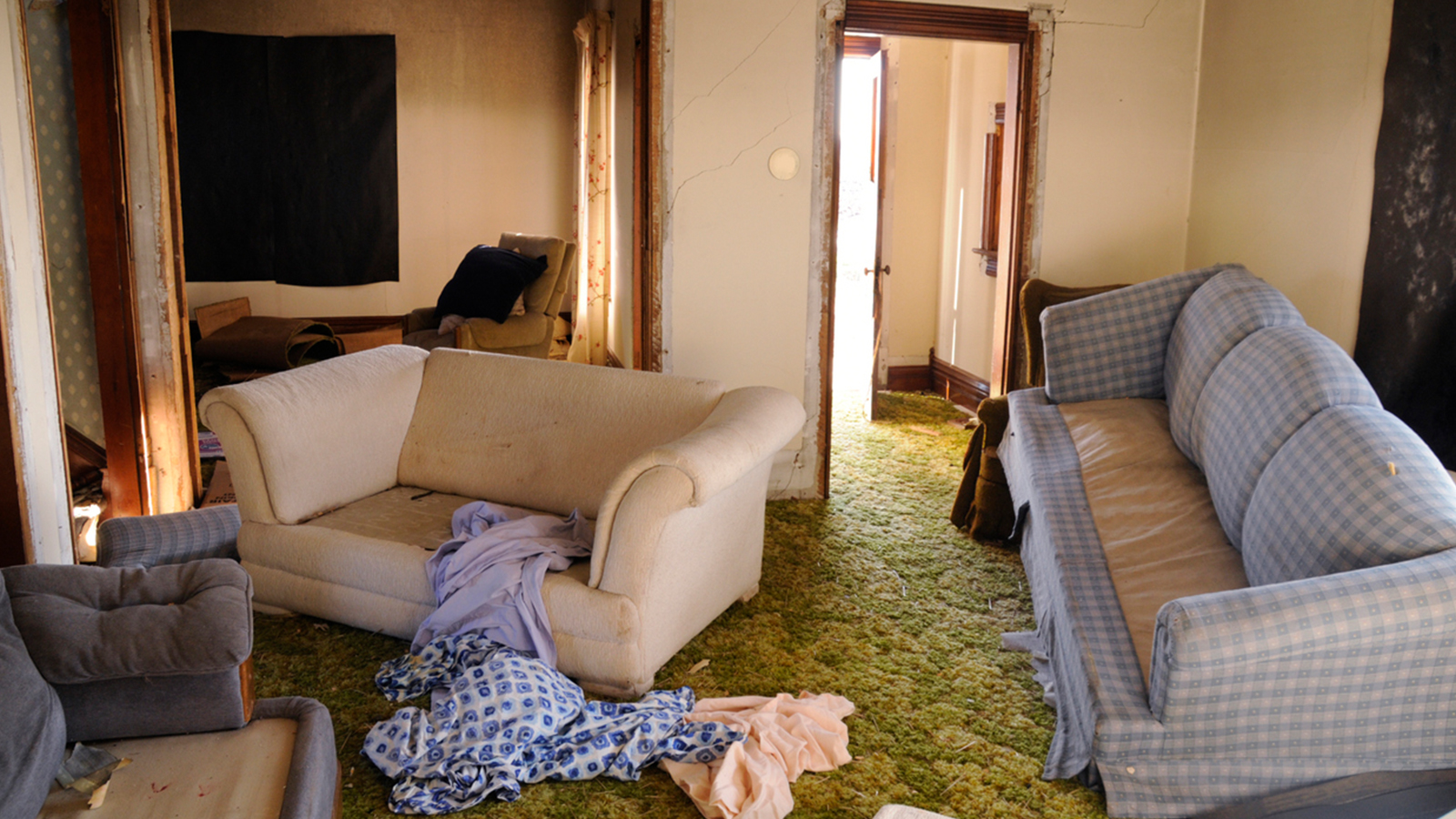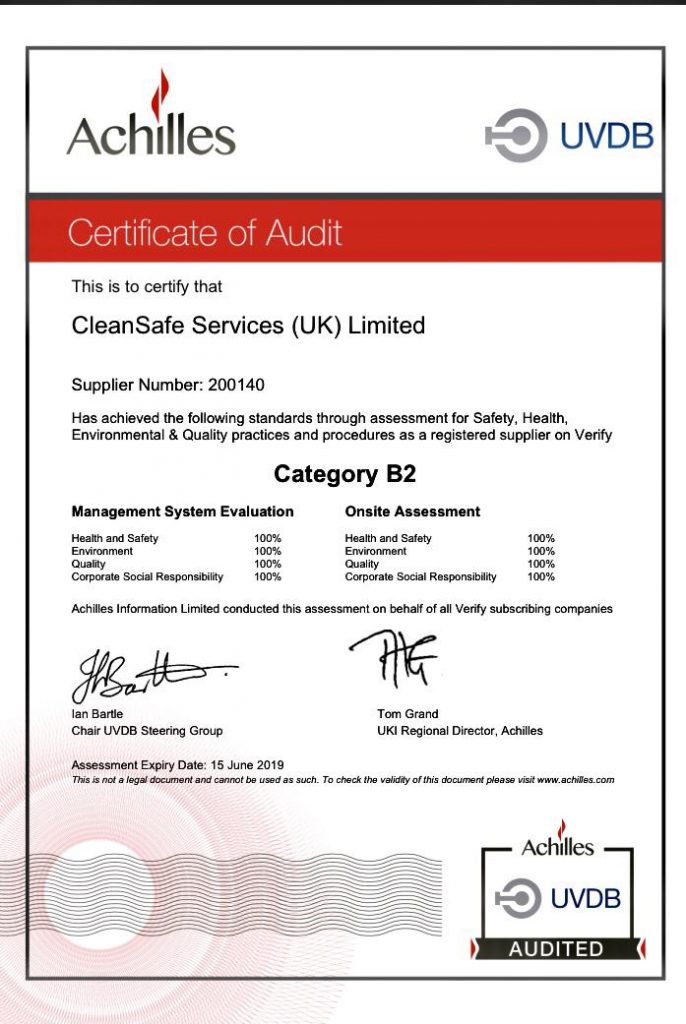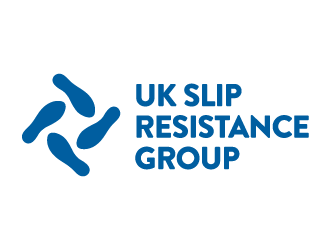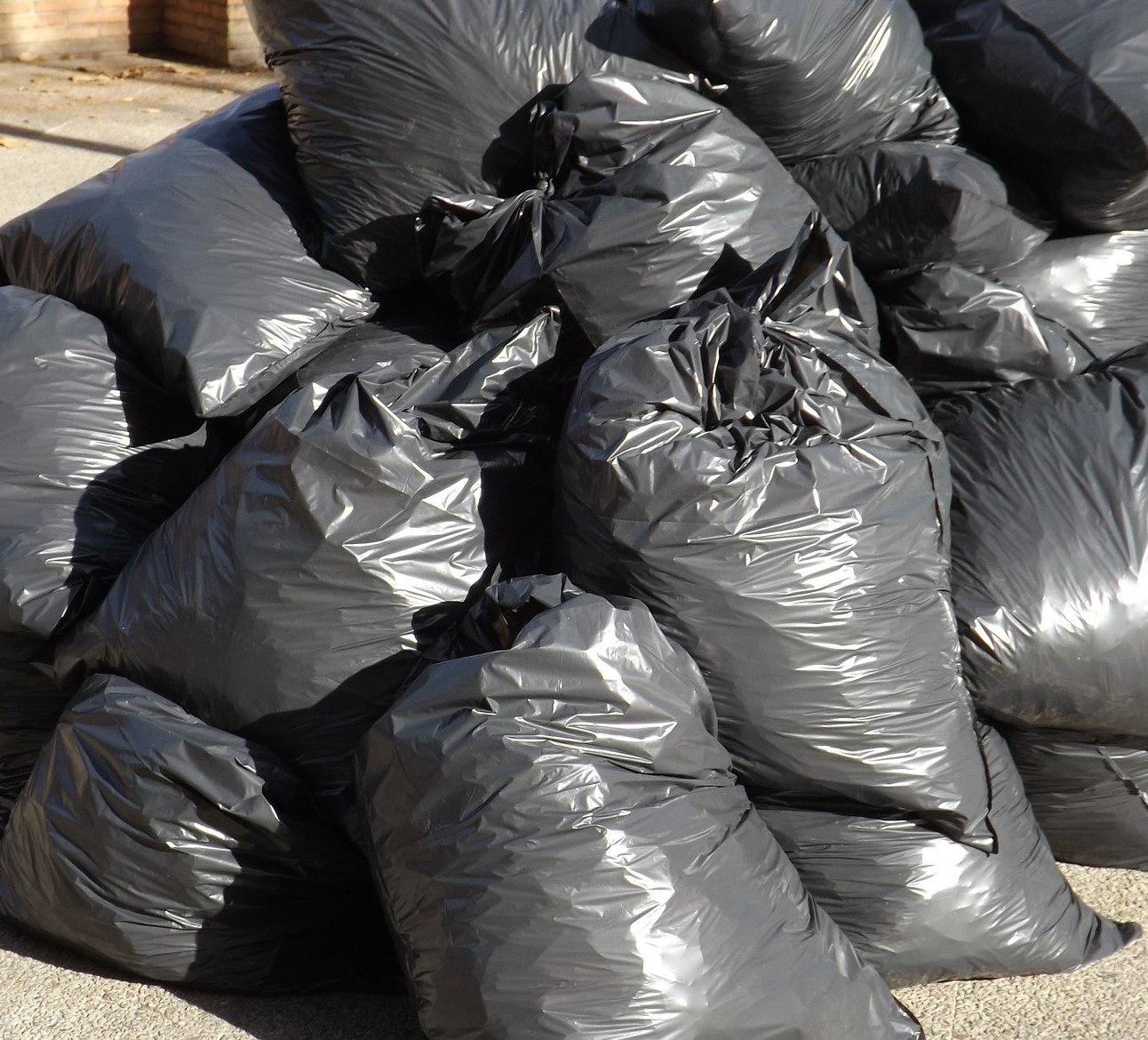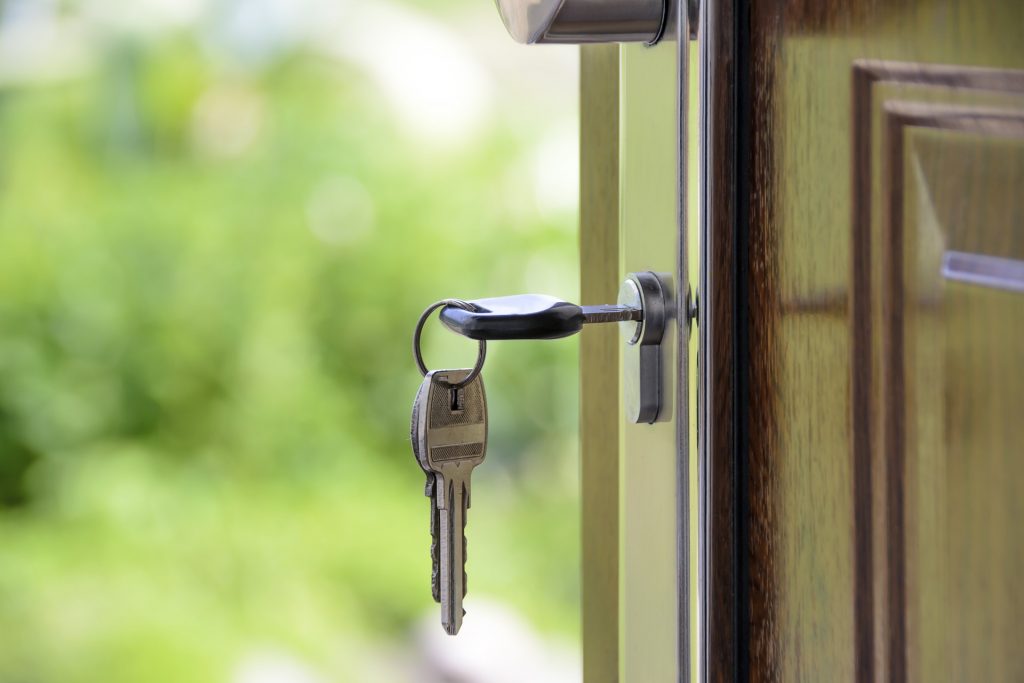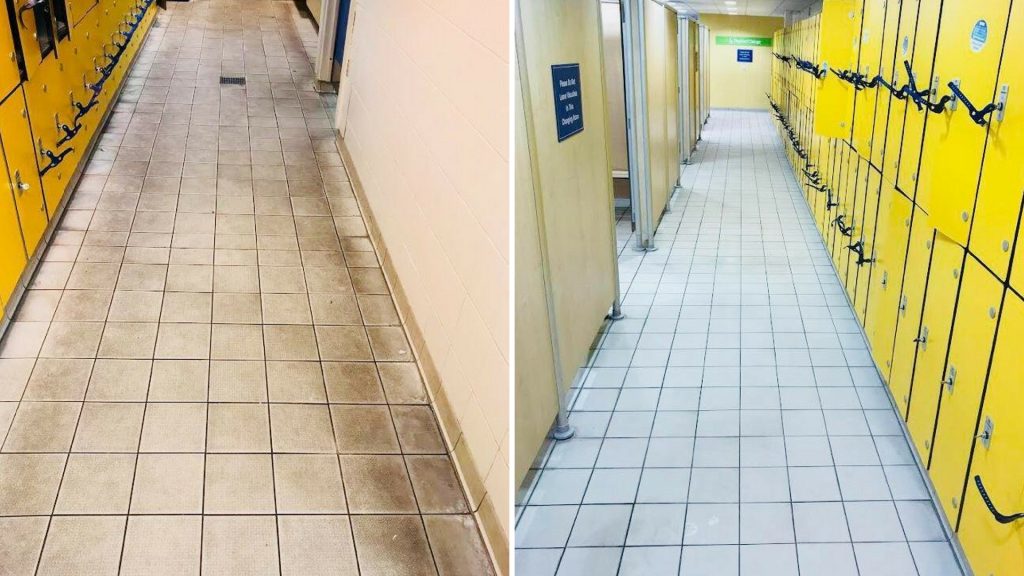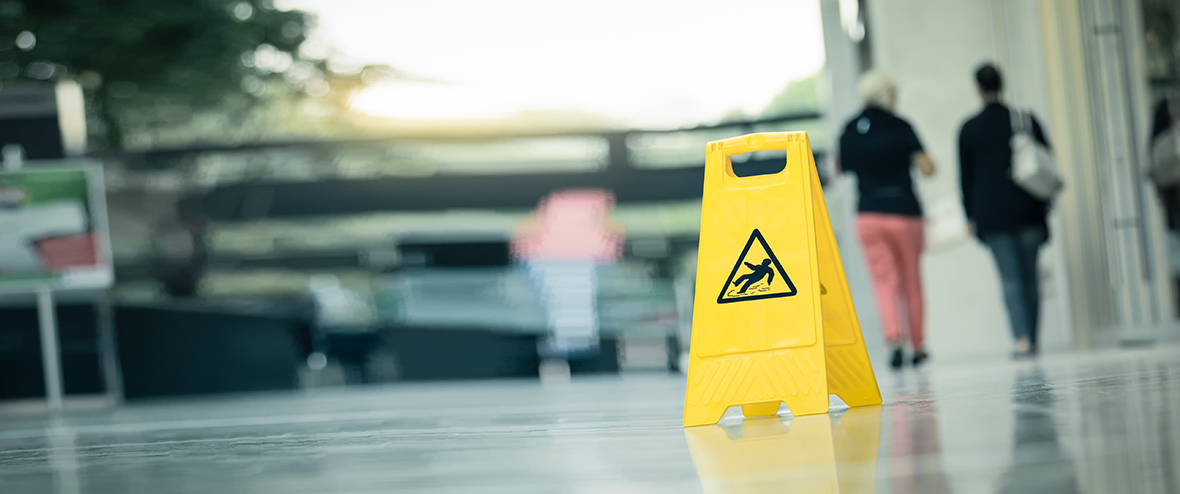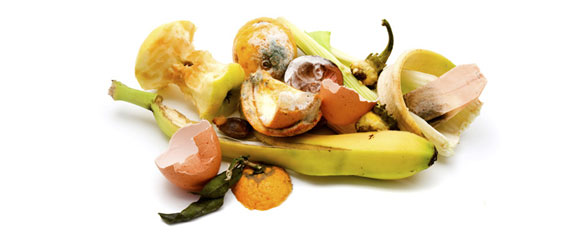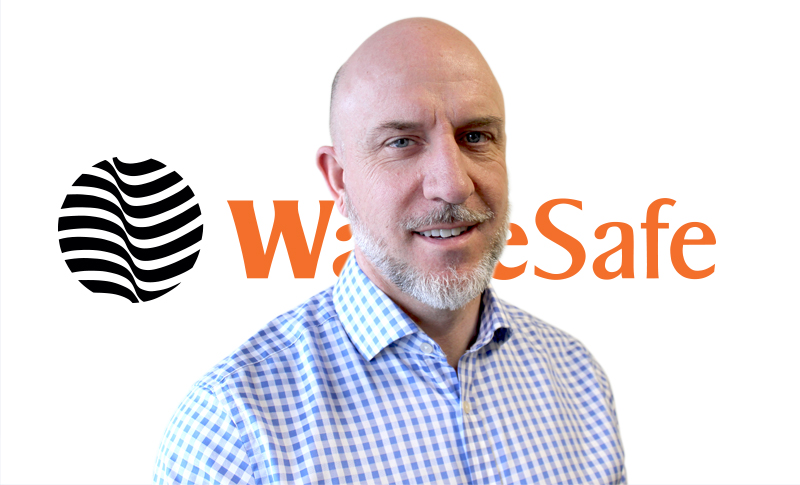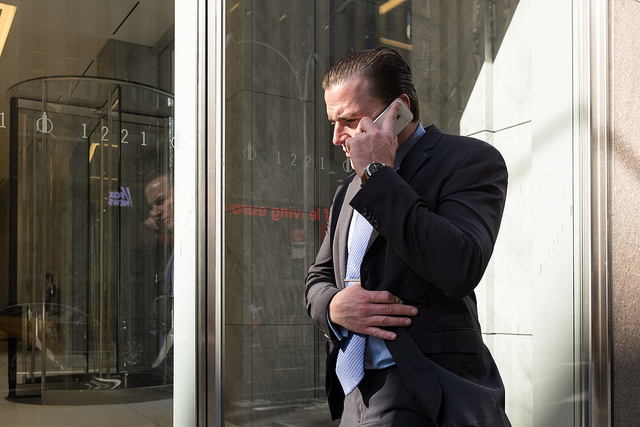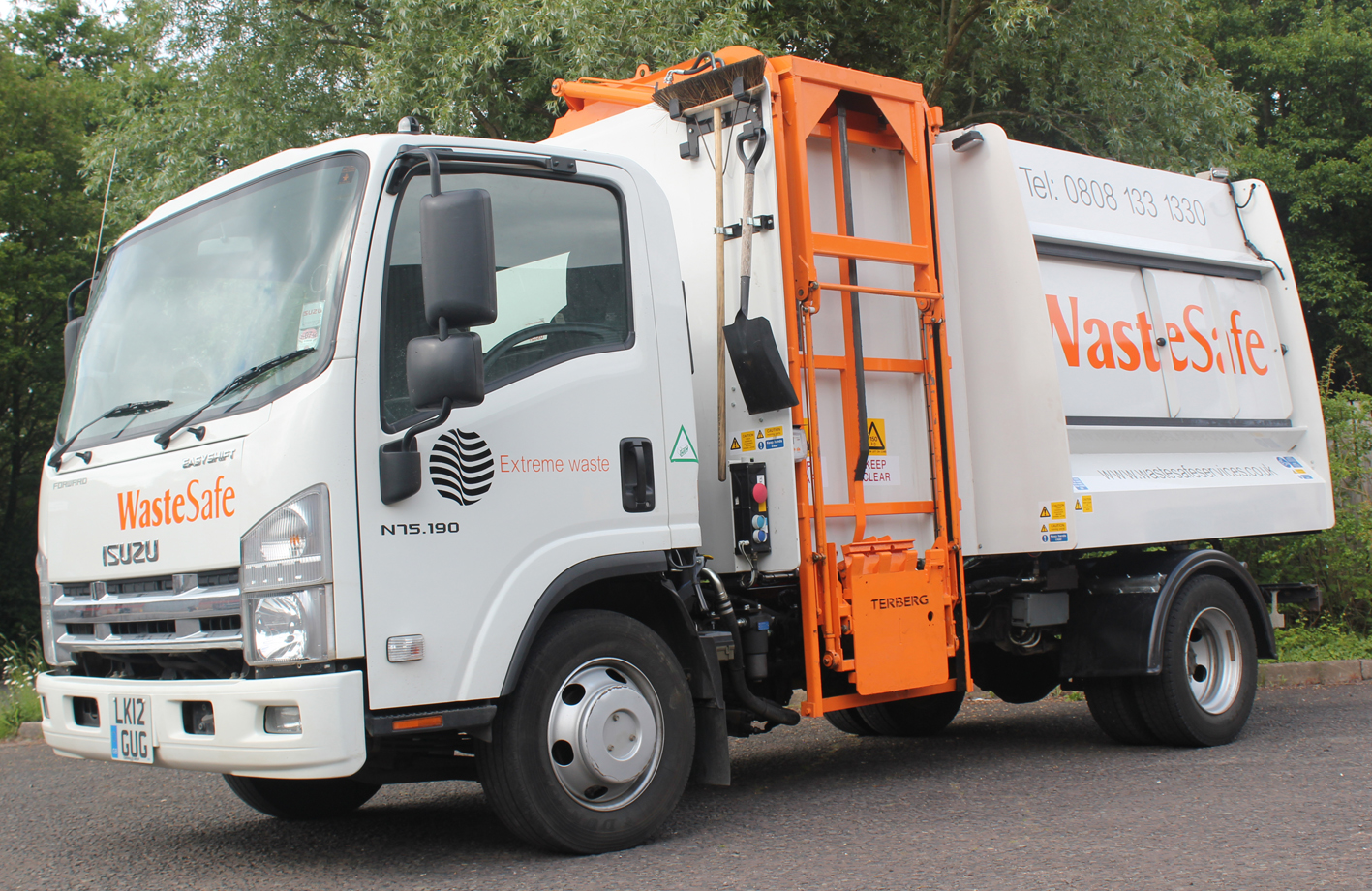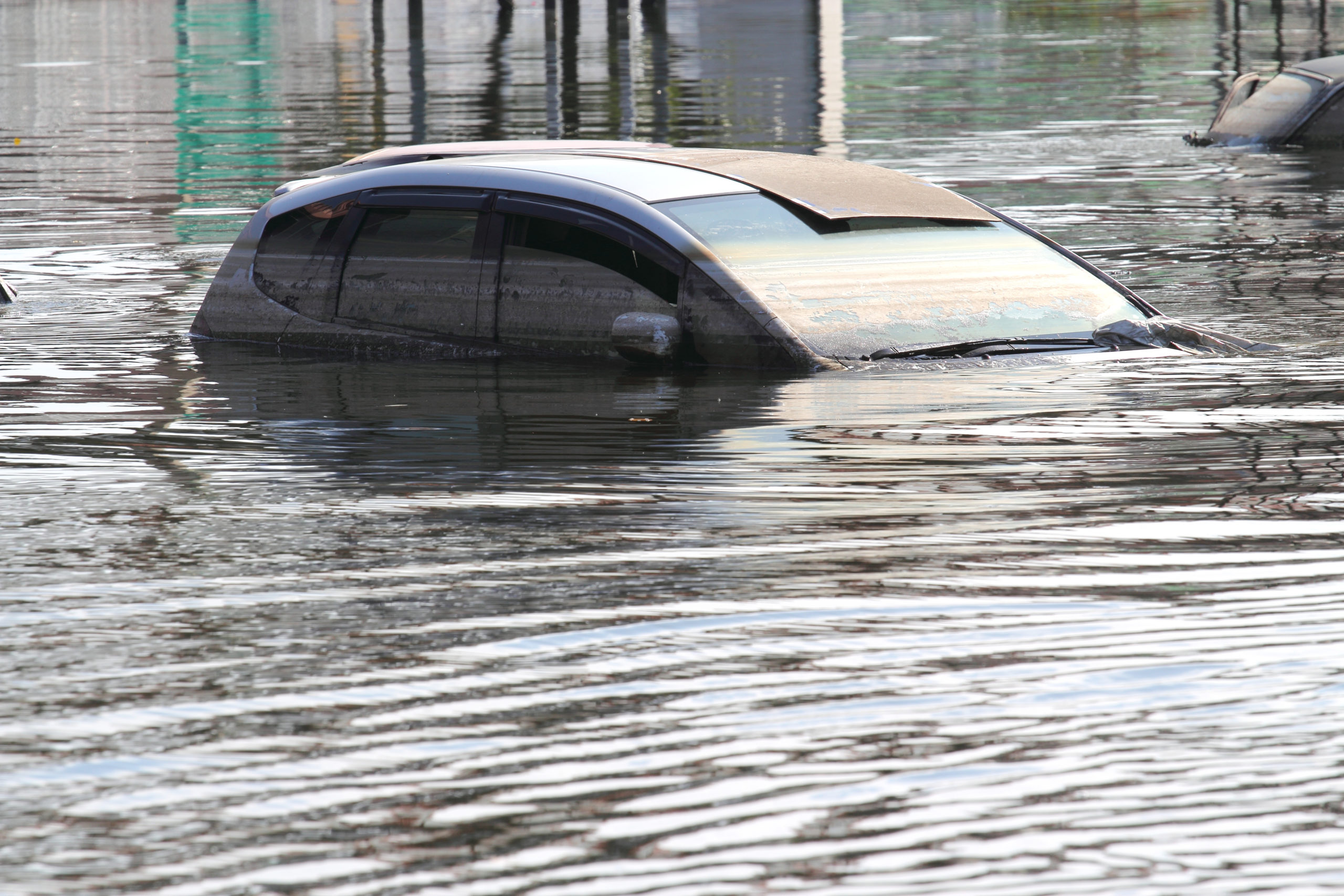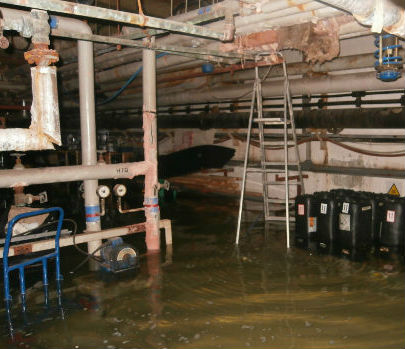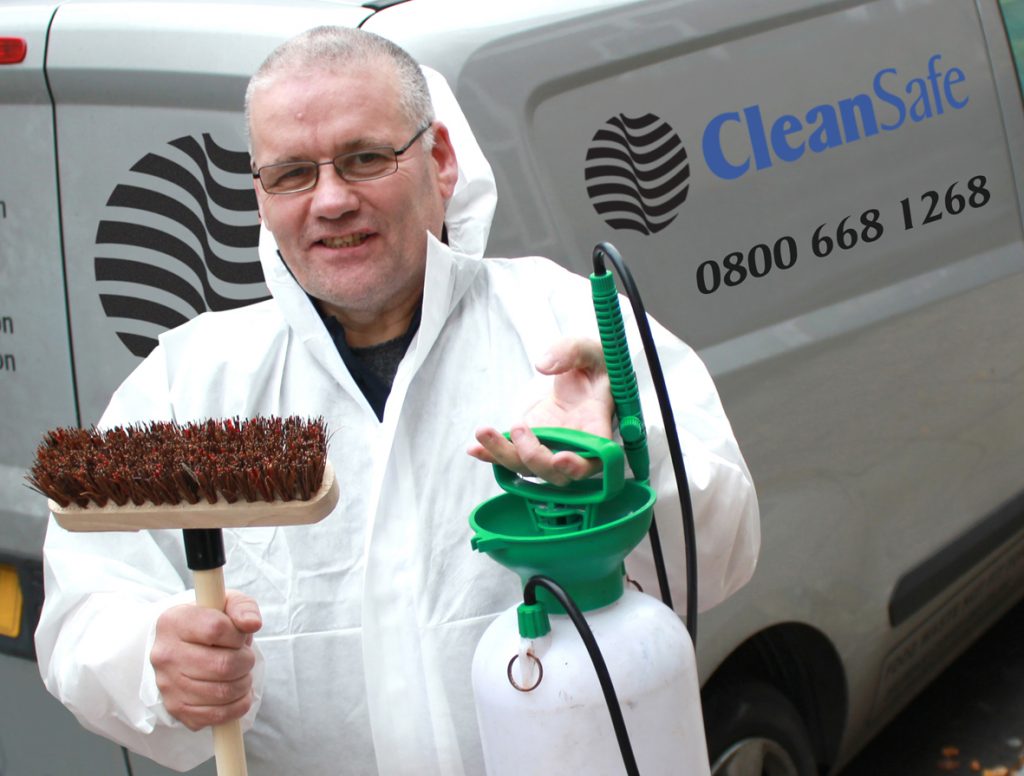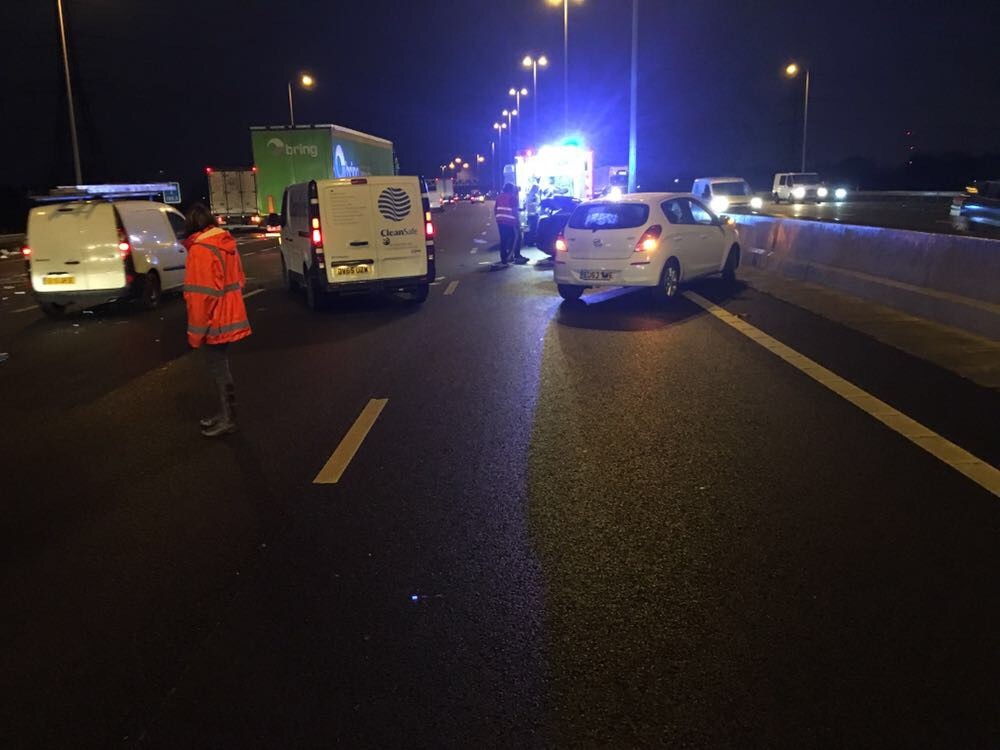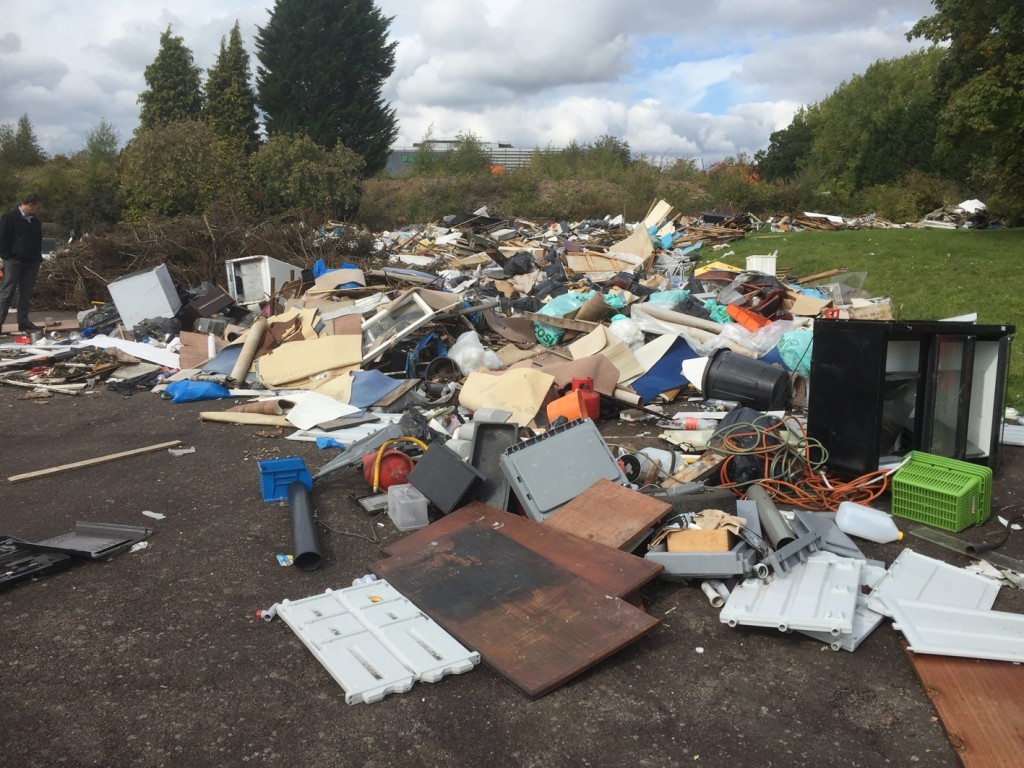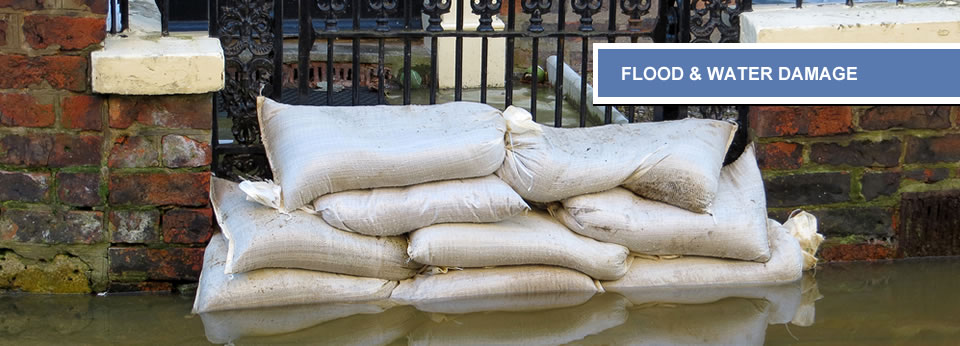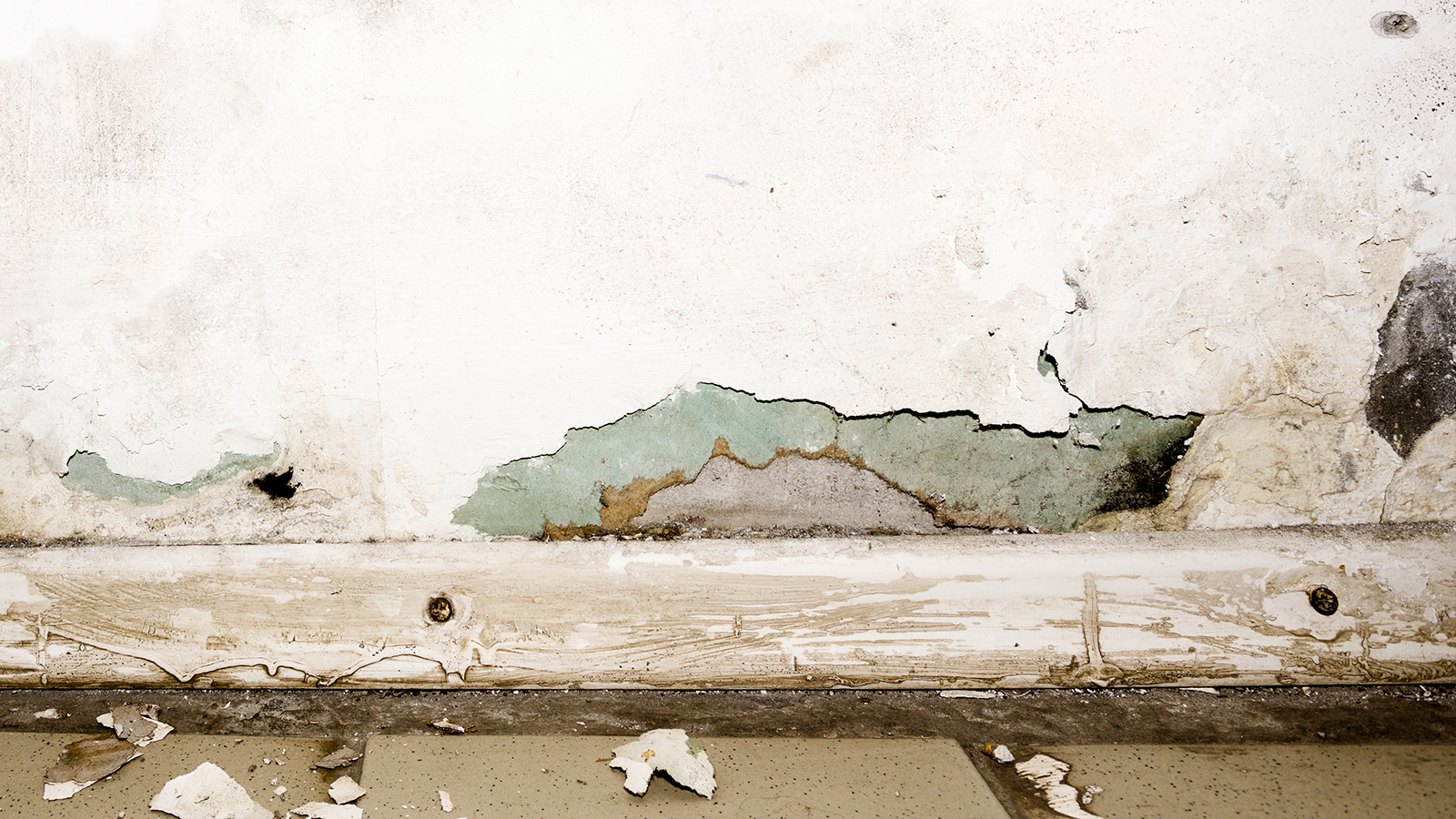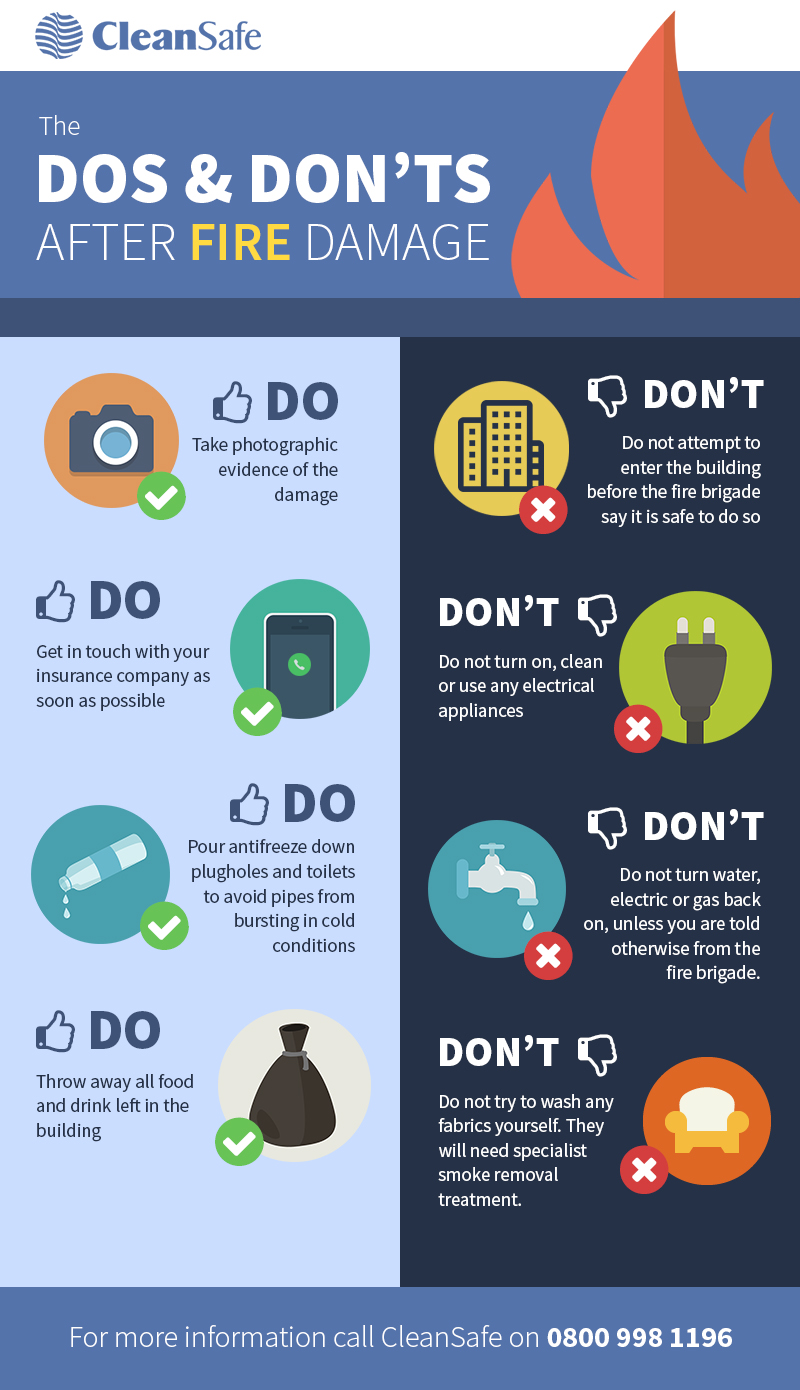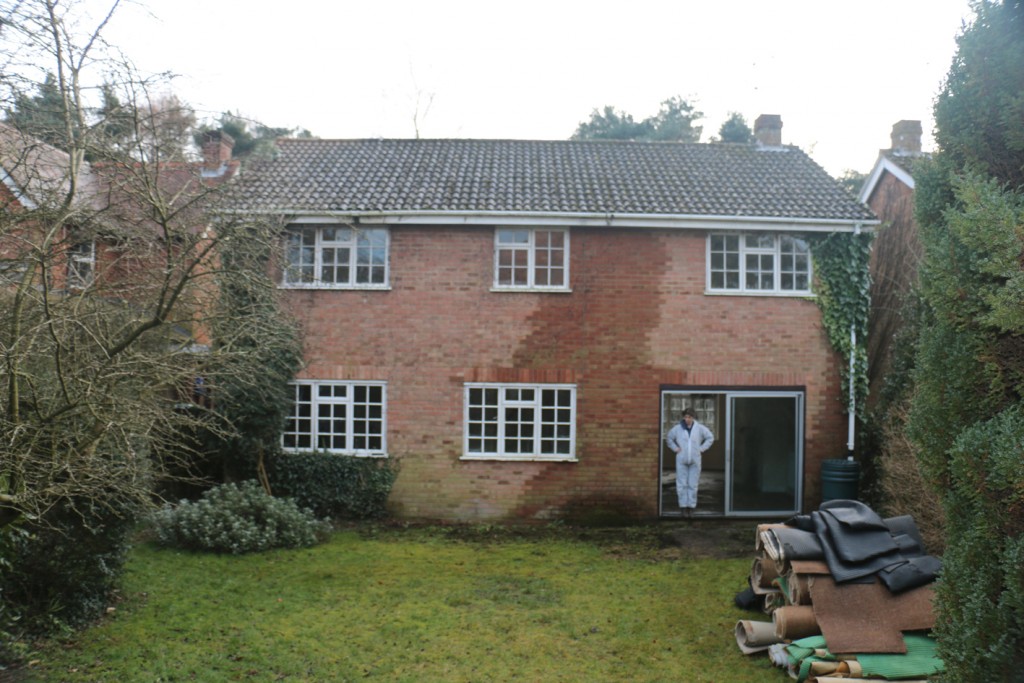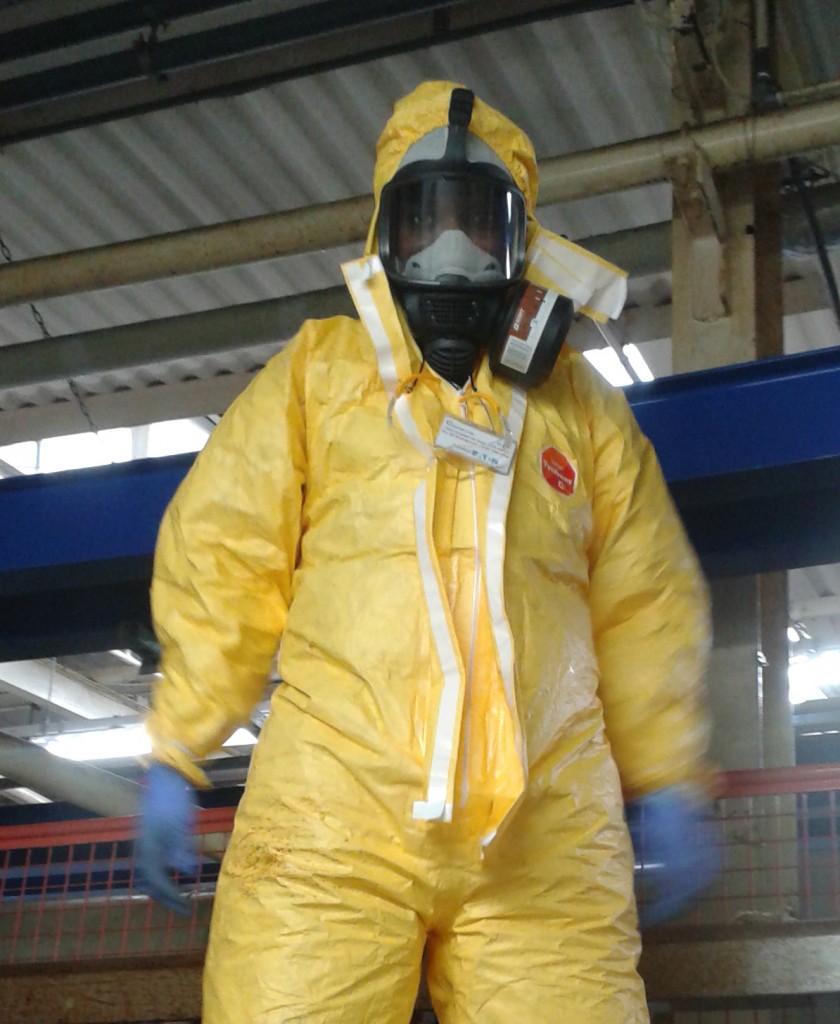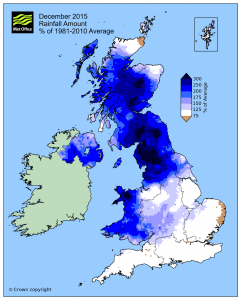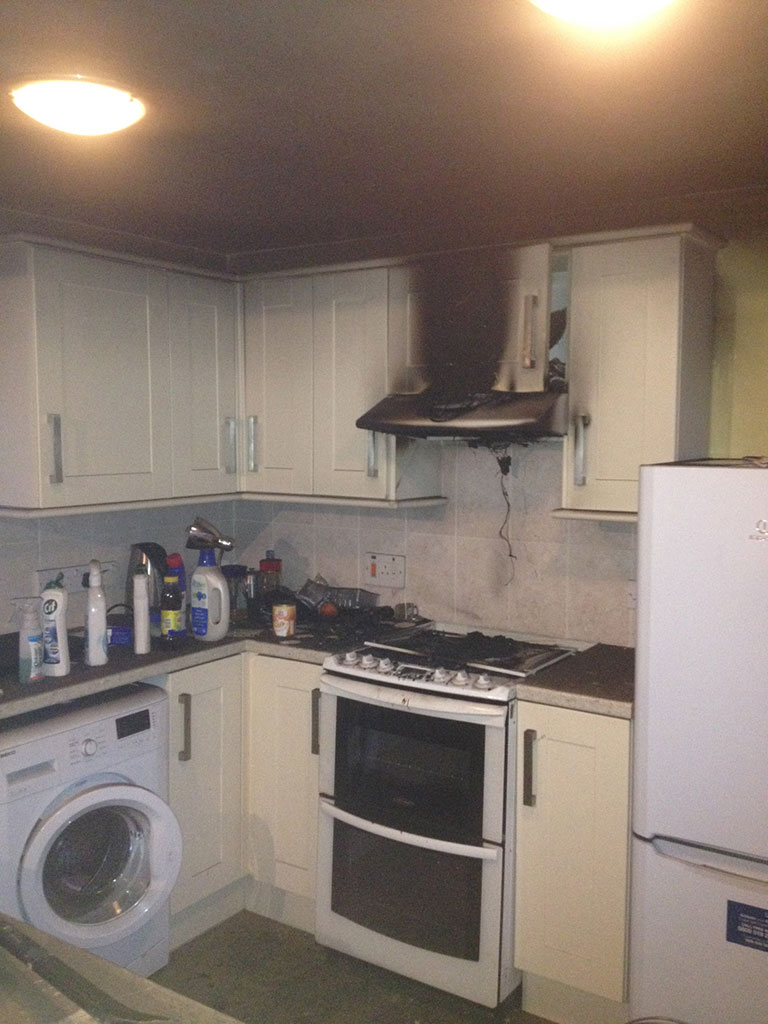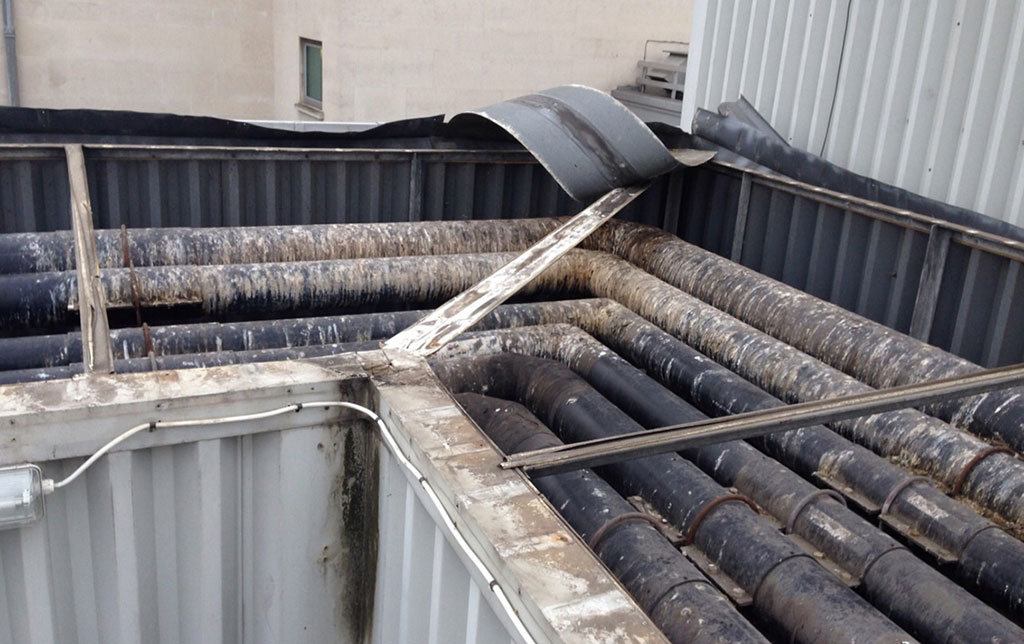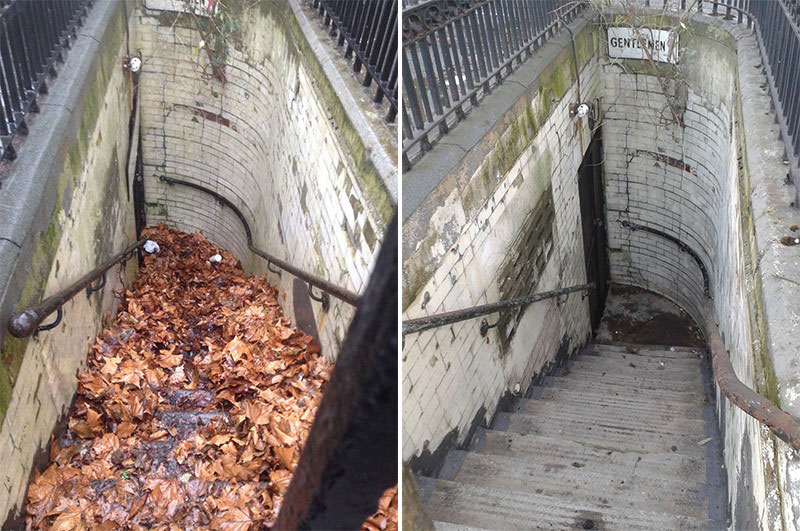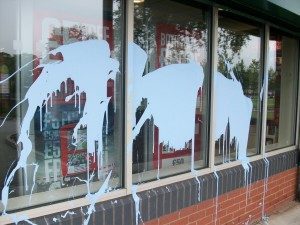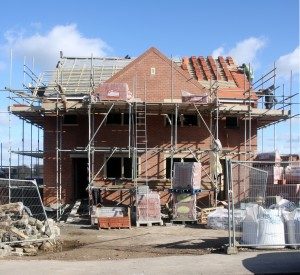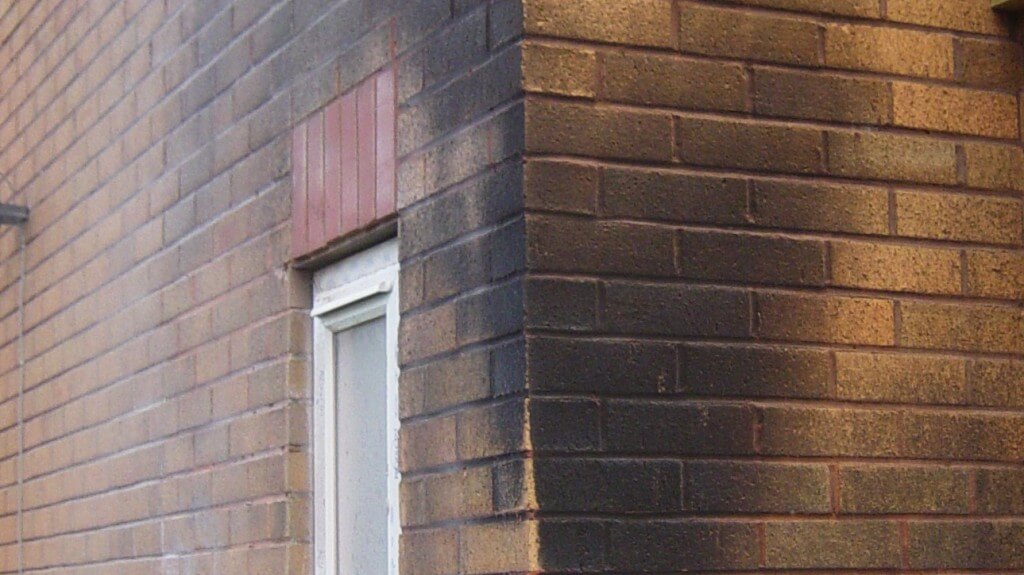If you’ve discovered flooding in your home, whether or not your insurance will cover it may depend on if you’ve suffered flood damage or water damage.
A lot of people aren’t aware of the difference between the two, but it’s an important distinction in terms of your insurance.
Learning the difference and making yourself aware of any restrictions on your home insurance will better prepare you should the worst happen.
The definition of flood water
You may think that the difference between flood damage and water damage lies in whether the water is from a natural source such as a river or rain, or whether it is an issue with your plumbing.
Most insurance companies define flood water as water that has come from a rising and overflowing of a body of water onto dry land. The term “rising” is key here, covering water that comes from an overflowing river or sea, for example, but not from a leaky pipe or sink.
The definition of water damage
Water damage is a much broader definition, and essentially covers every other instance of water ingress that does not involve rising water. It is usually caused by problems within the building itself, such as a leaky roof or a broken washing machine.
It’s important to perform regular maintenance on your home or building to prevent water damage that could otherwise be easily avoided.
So, which is which?
Here are some examples to explain the difference between flood damage and water damage:
- Rain that floods your basement because it can’t be absorbed by the ground is flood damage
- A river that breaks its banks and flows into your home is flood damage
- A kitchen that floods because of a burst pipe is water damage
- Rain that enters your house through a leaky roof is water damage
Which type of water damage is the most dangerous?
Flood water can often be very dangerous, as it may contain bacteria and other contaminants picked up from the source or on its journey.
If heavy rains cause sewers to overflow, this water could be very harmful to human health, as it will be contaminated with raw sewage.
Another element of flood water that is potentially very dangerous is fast-flowing currents. In flash flooding or areas where water is flowing downhill, the current is often strong enough to sweep a person off their feet. Strong flood waters can also carry away cars or cause damage to a building’s foundations.
Water damage is often caused by issues with internal plumbing or leaks caused by rainfall, so the water is usually fairly clean. In the case of a toilet overflow or backup, however, this could contain raw sewage.
Flood cleanup services from CleanSafe
With either type of damage, it’s important to get everything cleaned up and dried out as quickly as possible. Even clean water can become dangerous to health if left to sit for too long.
The quicker you act, the better the results. That’s why CleanSafe offers 24/7 callouts and fast response times
To find out more, take a look at our flood damage cleaning page to find out more, or call us on 0800 668 1268. If you’ve got any questions, feel free to contact us online and we’ll be happy to help.

